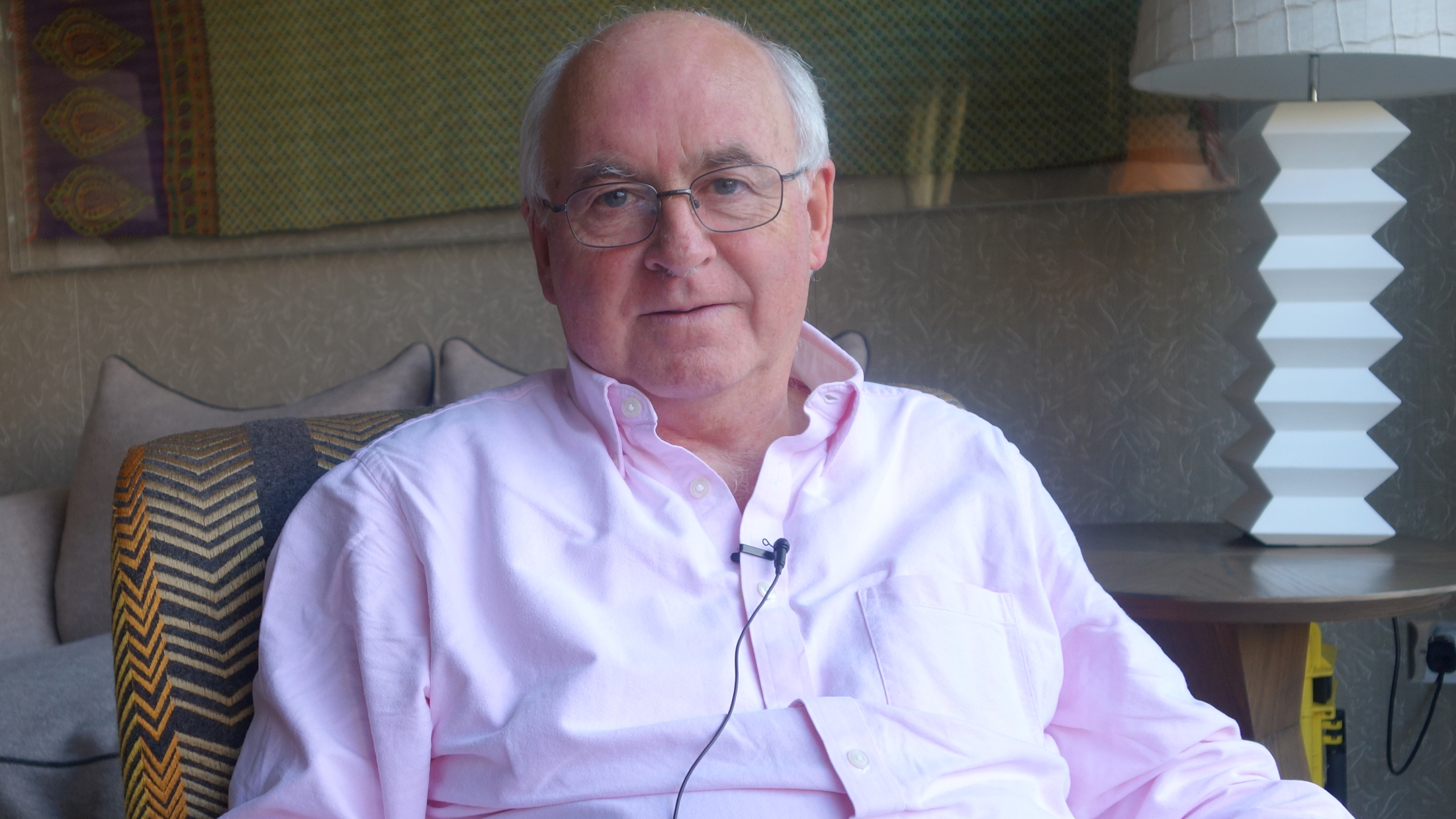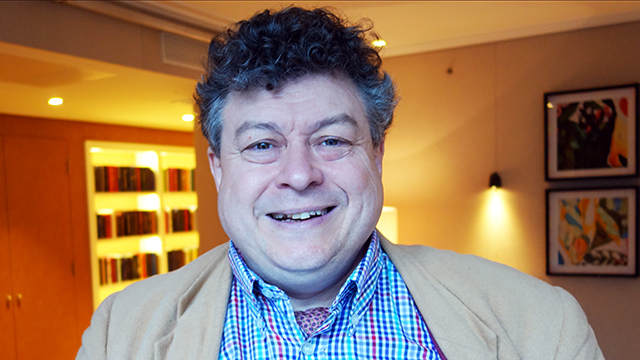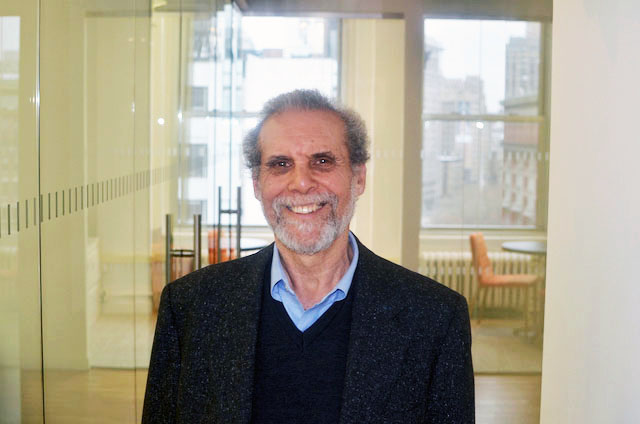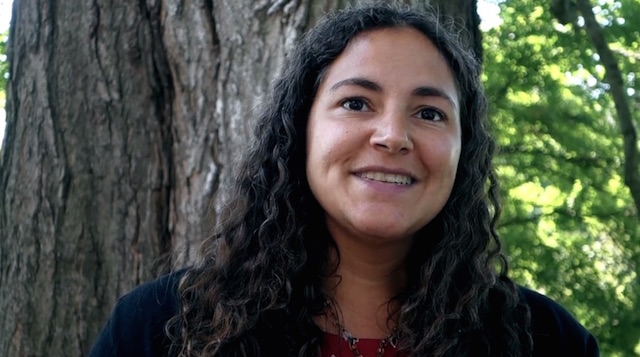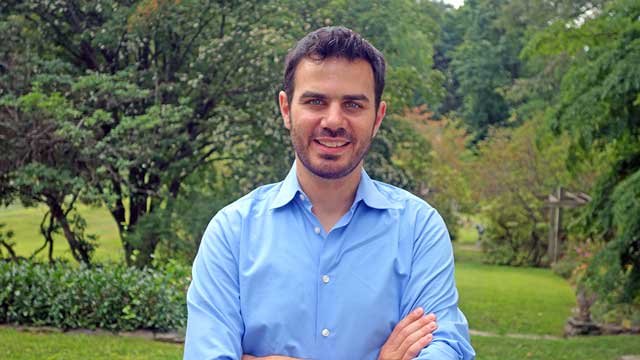Copyright © 2024 By Edge Foundation, Inc. All Rights Reserved.
To arrive at the edge of the world's knowledge, seek out the most complex and sophisticated minds, put them in a room together, and have them ask each other the questions they are asking themselves.
https://www.edge.org/content-category/culture?page=2
Printed On Thu April 18th 2024
Printed On Thu April 18th 2024

